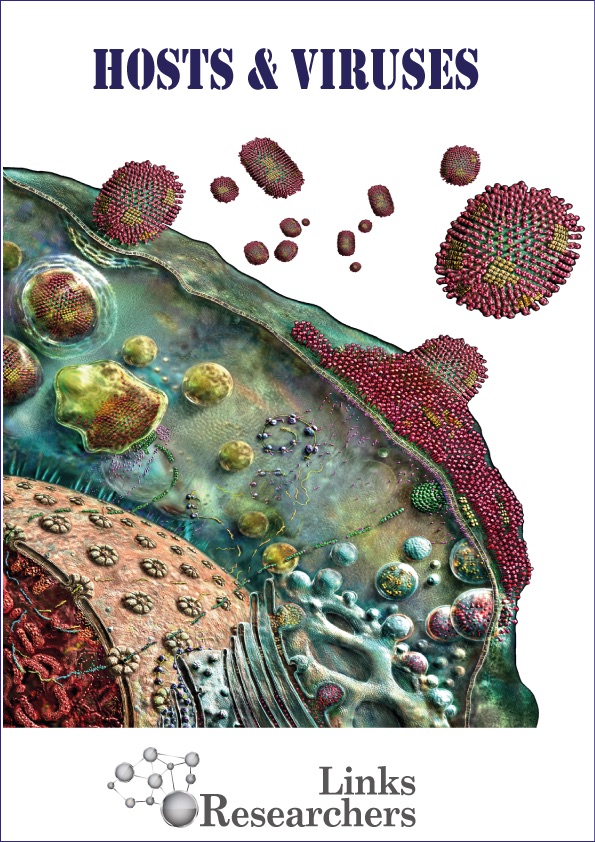Precision Gene Regulation Exploiting CRISPR-Cas for Targeted Epigenetic Modifications
Precision Gene Regulation Exploiting CRISPR-Cas for Targeted Epigenetic Modifications
Yasameen Waleed Al-Abedi1, Murtadha Kadhim Hasan2*, Alaa Abdalhadi Halboti3, Ali Abdulhussein Saleh Alsaeedi3, Rafed Abbas Kadhum1
ABSTRACT
Precise genome editing, which is the foundation of modern biotechnology, is uniquely capable of introducing highly specified genetic modifications into DNA with a high level of accuracy. This study is tailored to demonstrating applicability of antiviral system (Clustered regularly interspaced palindromic repeats (CRISPR) and CRISPR-associated (Cas) proteins (CRISPR-Cas) for carrying out site-specific epigenetic alterations and so uncovering the capability of its use for the upcoming revolution of genetic engineering. The study provides an outline of the CRISPR-Cas system, followed by the mechanisms of genome modification, mainly focusing on the repair mechanisms of the double-stranded breaks. This key idea becomes the starting point of the investigation for the grander pathway that leads to exploring the essence of epigenetic modifications and their role in gene regulation. The precise gene regulation has a potential to provide better understanding of the intricate process as well as the wide spectrum of biological processes. Also, it can offer novel therapeutic interventions. Epigenetic modifications are one of the most perspective field in regulating gene – with CRISPR-Cas as the instrument for the targeted modulations. Using the CRISPR-Cas system to remodel epigenetic marks, in particular DNA methylation and histone coordination, researchers are able to very precisely control expression patterns without affecting the underlying DNA sequence. To sum up this research, it shows how CRISPR-Cas technology, as a revolutionary genetic tool, has been efficient in achieving such levels of gene regulation. This study is aimed at clarifying the mechanism of action and exploring optimal cases for modified epigenetics through CRISPR-Cas integration in biological engineering and medicine. Therefore, it enriches the body of knowledge concerning the application of CRISPR-Cas in valuable discoveries in biotechnology and medicine.
To share on other social networks, click on any share button. What are these?





